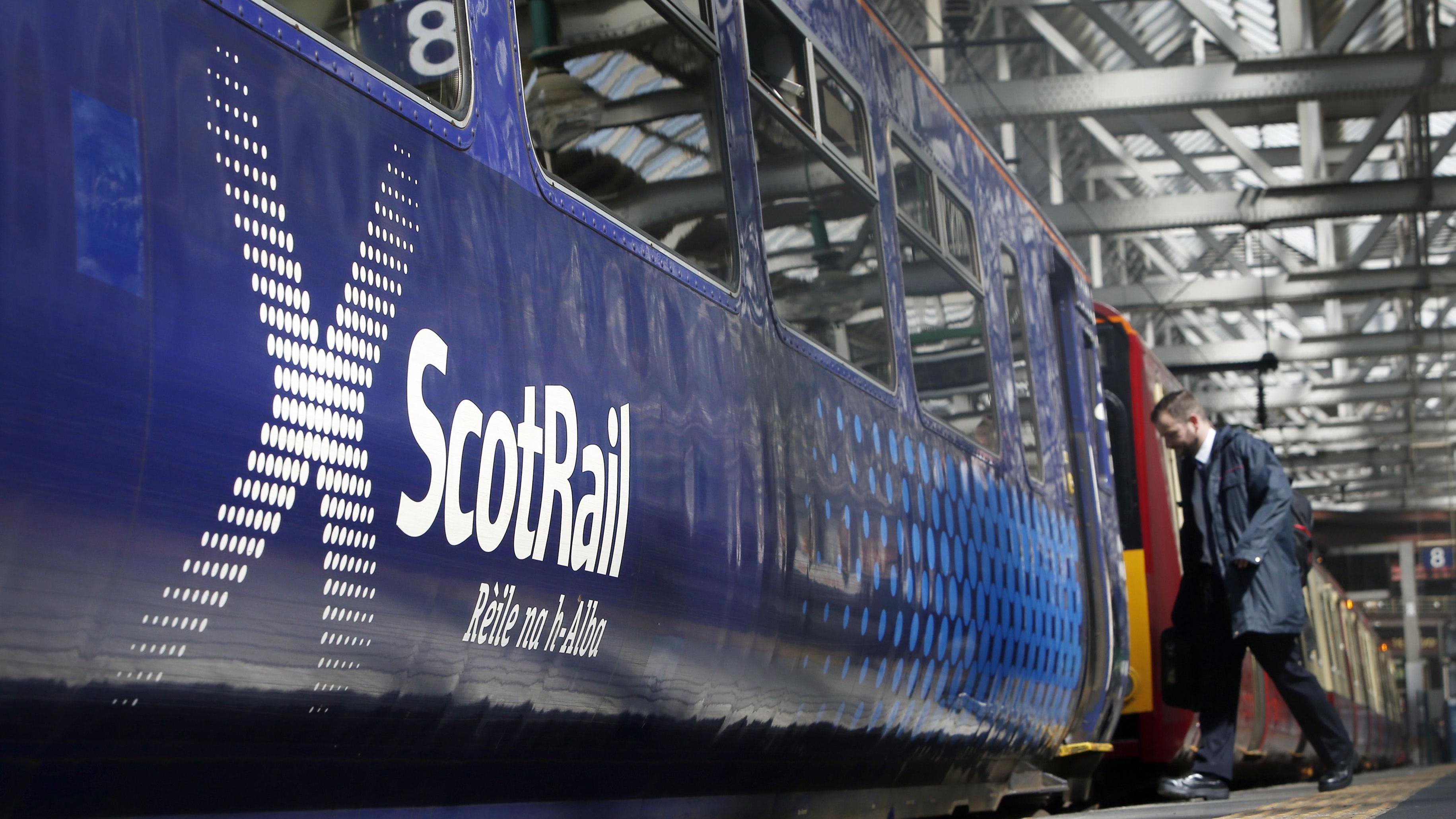
PEAK-TIME FARE SCHEME SCRAPPED OVER PASSENGER NUMBERS
A pilot scheme scrapping peak-time ScotRail fares will end in September following “limited success”.
Transport Scotland said the project, which saw ticket prices subsidised by the Scottish government and standardised across the day, “did not achieve its aims” of persuading more people to swap car journeys for rail travel.
Analysis by the body recommended ending the scheme due to financial pressures, while also increasing fares on popular peak-time routes including those between Edinburgh and Glasgow.
The Scottish Green Party described the decision to terminate the scheme from 27 September as a “hammer blow” for commuters and the climate.
Transport Secretary Fiona Hyslop said there had been an increase in passenger levels of about 6.8% during the pilot but it would need to be 10% in order for the policy to be self-financing.
She said the pilot "primarily benefitted existing train passengers and those with medium to higher incomes".
She added: “The pilot will have been welcome in saving many passengers hundreds and in some cases thousands of pounds during the cost of living crisis but this level of subsidy cannot continue in the current financial climate on that measure alone
“The Scottish government would be open to consider future subsidy to remove peak fares should UK budget allocations to the Scottish government improve in future years.”
First Minister John Swinney announced the extension of the scheme, introduced in October 2023, until the end of September on a visit to Edinburgh’s Waverley Station in May.
It had initially been due to last six months and saw the cost of a rush hour ticket between the capital and Glasgow nearly halved from £28.90 to £14.90.
When the scheme ends, the price of the top ticket on that route will rise by 8.6% to £31.40.
However, super off-peak returns will also be reintroduced on certain routes, including Inverness to Elgin and Glasgow to Stirling.
A 12-month discount on ScotRail season tickets and new “flexipasses” – allowing commuters to but 12 single journeys for the price of 10 – will also be rolled out.
'Deeply disappointing'
The move, revealed in a question at the Scottish Parliament, has been described as “derailing” Scotland’s climate targets by the Scottish Greens.
The party’s transport spokesman, Mark Ruskell, described the impact on passengers as “deeply disappointing".
“By reducing fares, we were able to support hundreds of thousands of commuters through the cost of living crisis while encouraging them to leave their cars at home. A lot of workers and their families saved hundreds of pounds", he said.
“Behavioural change doesn’t happen overnight and by making the move permanent we could have encouraged more people to change the way they travel.
“This will pile extra costs on to people at a really difficult time. Every pound that’s saved on travel is another pound that can go towards heating, eating or the many other expenses that have piled up for households and families all over Scotland,” he added.
Jim Baxter, executive council member for train drivers' union Aslef, said the decision was a "disaster for workers".
He said: "If Scotland is to meet its climate targets it has to properly invest in transport and make fares affordable.
"This does the opposite and will take money out the pockets of Scotland's already hard pressed workers, encouraging many back into their cars and damaging the environment as a consequence."
2024-08-20T10:09:37Z dg43tfdfdgfd